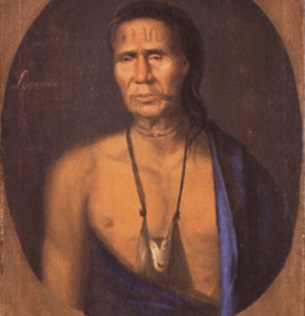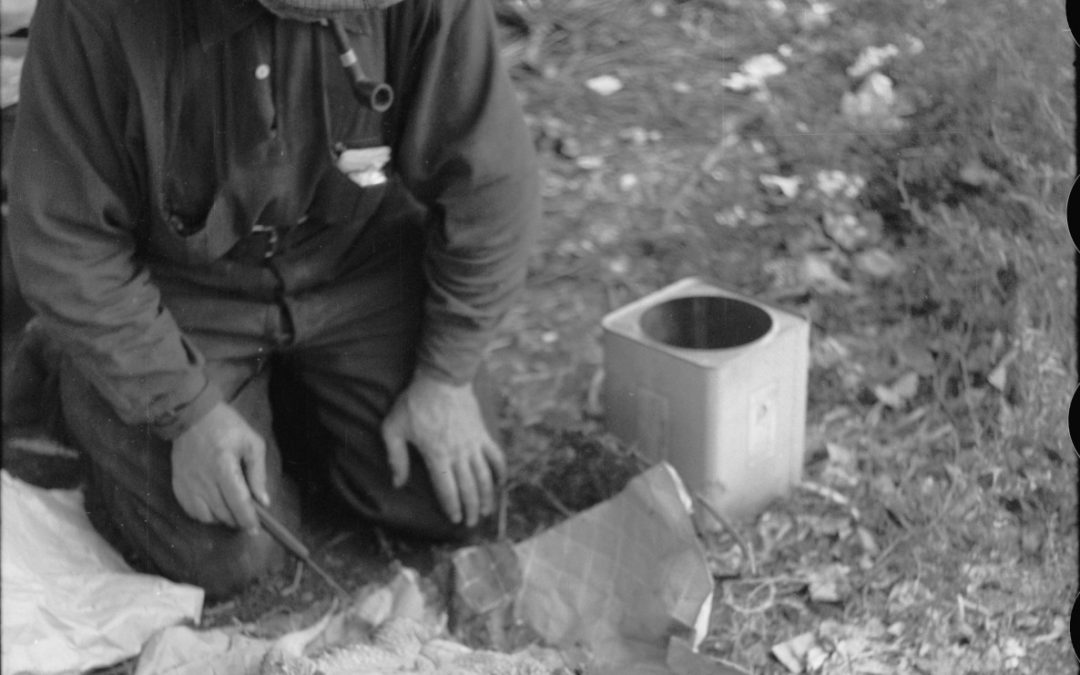
by Richard Subber | Apr 10, 2020 | American history, Book reviews, Books, History, Revolutionary War
…and those hairy, smelly foreigners
Book review:
Red, White, and Black:
The Peoples of Early North America
by Gary B. Nash (b1933)
American historian
Upper Saddle River, NJ: Prentice Hall, copyright 1974, 4th ed. 2000
362 pages
Red, White, and Black offers many partial answers to the question: in the 16th and 17th centuries, what did the First Americans think about the hairy, smelly people from Europe who invaded their country?
Nash offers a scholarly, fully informed, insightful account of the lifestyles and world views of the estimated 60-70 million indigenous people who had a variety of highly developed civilizations.
Some European promoters and some uninformed explorers and colonists that the “New World” was a “virgin wilderness,” but the first colonists were happy to steal the Native Americans’ food and delighted to be able to use their cultivated lands.
The misnamed Indians valiantly tried to maintain their way of life, but European diseases and European guns and steel tipped the balance for the much outnumbered invaders.
* * * * * *
Book review. Copyright © Richard Carl Subber 2020 All rights reserved.
Fire in the Lake (book review)
you should have read it in 1972…
by Frances FitzGerald
–
Writing Rainbows: Poems for Grown-Ups with 59 free verse and haiku poems,
and the rest of my poetry books are for sale on Amazon (paperback and Kindle)
and free in Kindle Unlimited, search Amazon for “Richard Carl Subber”
* * * * * *

by Richard Subber | Apr 5, 2020 | American history, History, Revolutionary War, Tidbits
Mr. Grumpy (242 years ago)
“Most accursed, wicked, barbarous, cruel,
unnatural, unjust and diabolical.”
William Pitt the Younger, during Parliamentary debate on Feb. 26, 1781
Pitt was talking about the American Revolutionary War. Talk about your basic poor loser…
He served in Parliament during the war, and became Britain’s prime minister in 1783, in time to be his country’s front man during the French Revolution and the Napoleonic Wars. Neither of these assignments was an easy gig.
Pitt (1759-1806) was well respected during his lifetime, but obviously he never listened to his mother when she got on his case about “If you don’t have anything good to say,…”
* * * * * *
Copyright © Richard Carl Subber 2020 All rights reserved.
Saint Joan, by Bernard Shaw…book review
she didn’t understand…
–
Seeing far: Selected poems with 47 free verse and haiku poems,
and the rest of my poetry books are for sale on Amazon (paperback and Kindle)
and free in Kindle Unlimited, search Amazon for “Richard Carl Subber”
* * * * * *

by Richard Subber | Apr 1, 2020 | Human Nature, Reflections, Tidbits
The “Hobo Ethical Code”
Maybe you were thinking there’s no such thing as a “Hobo Ethical Code.”
(I’m not talking about “Politician’s Ethical Code,” don’t get me started….)
In 1889, at the Hobo National Convention in Chicago, the folks who proudly called themselves “hobos” adopted an ethical code that stands the test of time. You can read it below.
You’re right, we don’t have to spend a lot of time these days on the “boil up” part, but just about everything else in the 15-point code has some application to life today.
In fact, living like a noble hobo doesn’t sound like a bad idea at all.
For the record, a hobo is a migratory or homeless worker who looks for work, standing apart from the “tramp” who works when there isn’t much of an alternative and the “bum” who avoids work altogether.
Decide your own life; don’t let another person run or rule you.
When in town, always respect the local law and officials, and try to be a gentleman at all times.
Don’t take advantage of someone who is in a vulnerable situation, locals or other hobos.
Always try to find work, even if temporary, and always seek out jobs nobody wants. By doing so you not only help a business along, but ensure employment should you return to that town again.
When no employment is available, make your own work by using your added talents at crafts.
Do not allow yourself to become a stupid drunk and set a bad example for locals’ treatment of other hobos.
When jungling in town, respect handouts, do not wear them out, another hobo will be coming along who will need them as badly, if not worse than you.
Always respect nature, do not leave garbage where you are jungling.
If in a community jungle, always pitch in and help.
Try to stay clean, and boil up wherever possible.
When traveling, ride your train respectfully, take no personal chances, cause no problems with the operating crew or host railroad, act like an extra crew member.
Do not cause problems in a train yard, another hobo will be coming along who will need passage through that yard.
Do not allow other hobos to molest children; expose all molesters to authorities…they are the worst garbage to infest any society.
Help all runaway children, and try to induce them to return home.
Help your fellow hobos whenever and wherever needed, you may need their help someday.
p.s. No one seems to know how the word “hobo” originated.
* * * * * *
Copyright © Richard Carl Subber 2020 All rights reserved.
Book review:
Collected Poems of Sara Teasdale
Full of her passion, not mine…
click here
–
My first name was rain: A dreamery of poems with 53 free verse and haiku poems,
and the rest of my poetry books are for sale on Amazon (paperback and Kindle)
and free in Kindle Unlimited, search Amazon for “Richard Carl Subber”
* * * * * *


